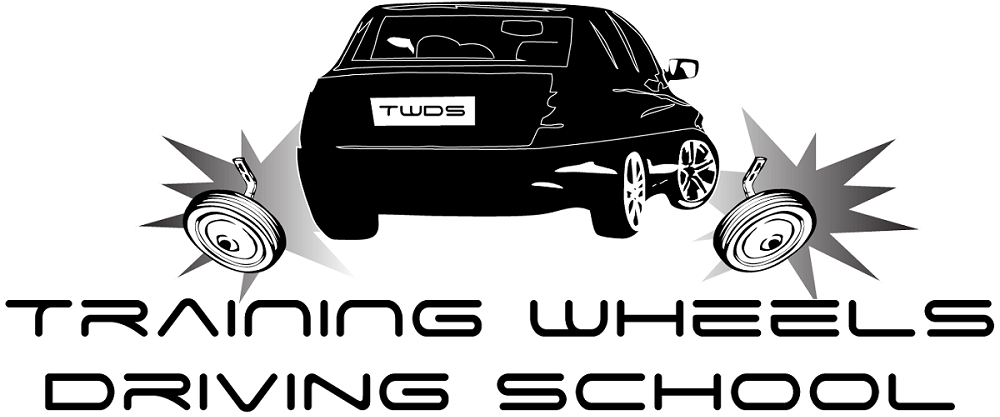While smog checks are seemingly more common in states like California, New Jersey has such checks as well, and it would benefit all car owners to have an idea of what these checks entail. In the state of New Jersey, the Motor Vehicle Commission requires many vehicles to submit to emissions inspections once registered and then again once every two years. While this testing’s safety portion has been largely eliminated, there are vehicles that still need safety inspections. For vehicles that don’t pass their inspections, they have to be retested and repaired within a specific timeframe. Also, new state residents have different requirements for their emissions inspection.
New Residents in New Jersey
Once someone has move into New Jersey, they must have their car inspected within two weeks of being registered unless considered exempt. It should be noted, however, that car owners don’t need to transfer their registration until 60 days have gone by since moving to New Jersey or their out-of-state registration has expired.
Inspection Requirements
Vehicles that must submit to an emissions inspection before registration and again every two years include vehicles five years or older that are diesel-powered, bi-fueled, or gasoline-powered and plated as not-for-profit, passenger, commuter vans, or governmental. Also, diesel-powered vehicles that weigh 8,500 pounds or fewer and were made in 1997 or sooner must be inspected. Some vehicles, including taxis and buses, require both emissions and safety inspections every year.
Inspection Exemptions
Some vehicles are exempt from emissions inspections, and these include but are not limited to the following:
- Vehicles certified to be under five years old
- Vehicles solely powered by electricity
- Collector and historic vehicles
- Motorized bicycles and motorcycles
- Diesel-powered vehicles made before 1996
- Diesel-powered vehicles between 8,501 and 17,999 pounds
These diesel-powered vehicles also have to be plated as not-for-profit, passenger, commuter vans, governmental, or farm trucks.
New Jersey Emissions Inspections
When choosing where to have a vehicle inspected, options include state inspection locations (where inspections are free), private inspection facilities (PIFs set their fees), and diesel private inspection facilities (diesel PIFs also set their fees). Once one of these places is chosen, the next step is visiting the station, and car owners must bring their driver’s license, proof of New Jersey insurance, vehicle registration, and payment toward applicable fees.
Once a vehicle passes the emissions inspection, the station provides a vehicle inspection report and an inspection sticker for the windshield, which details when the next inspection must be dealt with. When vehicles require safety inspections, they need both their emissions and safety inspections annually, which can be done at the same time at your chosen inspection facility.
Failed Inspections
As stated previously, when vehicles fail to pass one or both inspections, owners must have their vehicles retested and repaired within a specific timeframe, as dictated by their vehicle inspection report. Along with the inspection report, the inspector provides an emission repair form detailing the vehicle’s issues, which helps repair technicians make the required repairs. Also, the state allows drivers to either have the vehicle repaired in a state-permitted emission repair facility or repair the vehicle themselves.
Think you or someone you know is in need of Behind the Wheel Training? Training Wheels is an Atlantic City driving school specializing in teaching new teen drivers how to stay safe on the road. For more information on our lessons, please click here.
Copyright: klotz / 123RF Stock Photo

